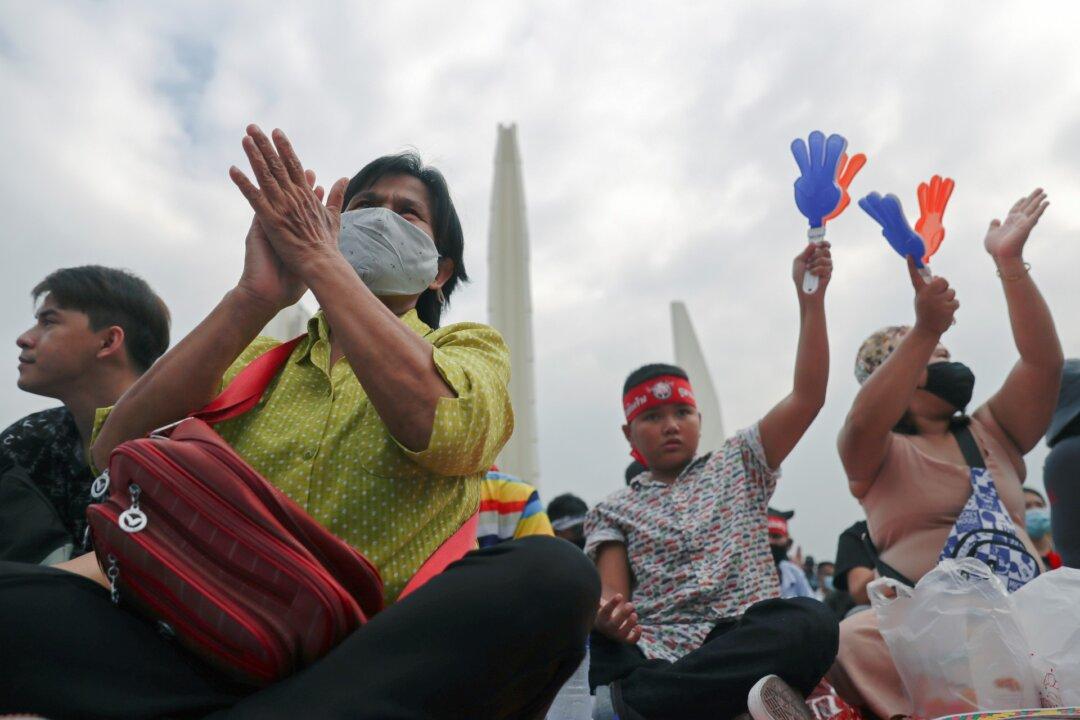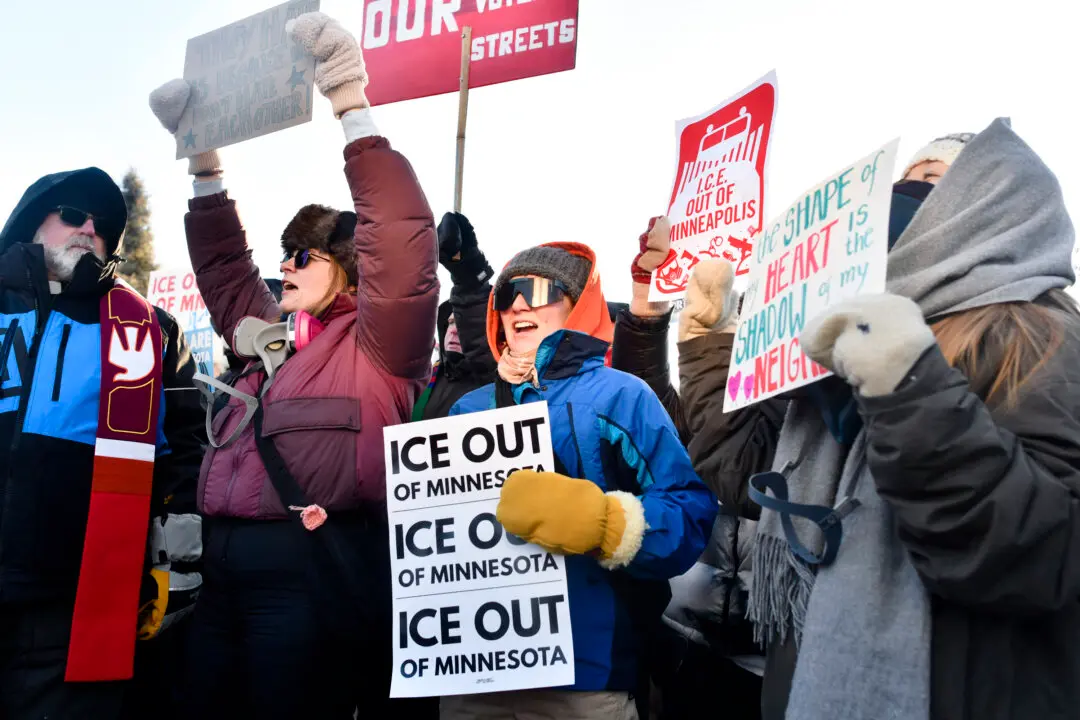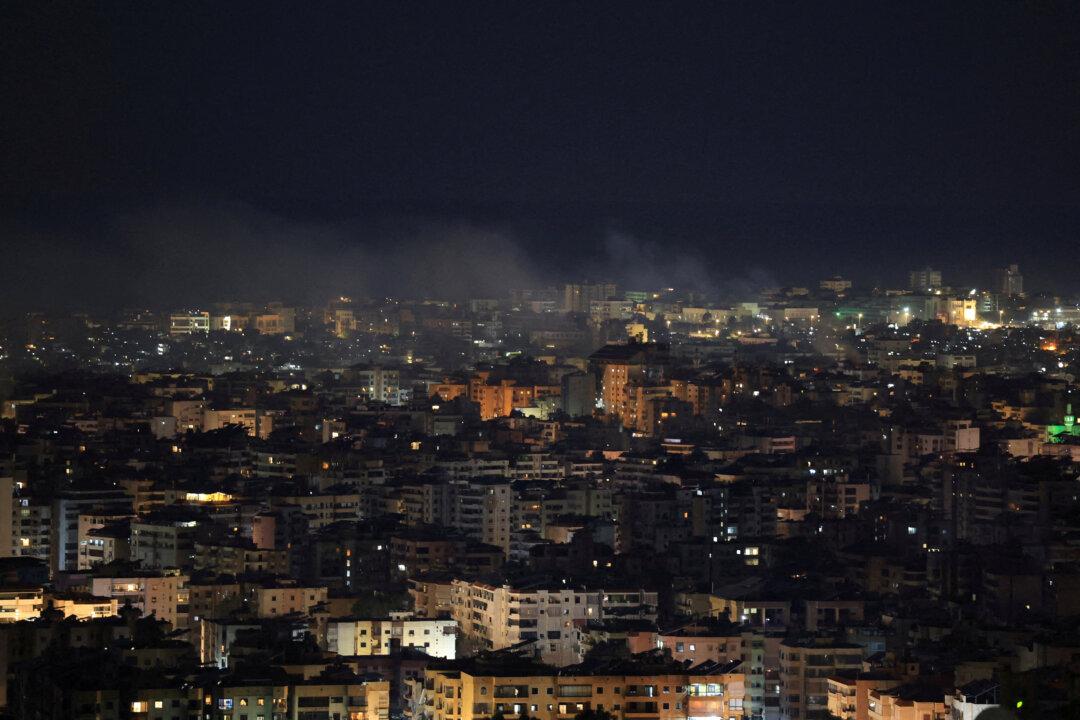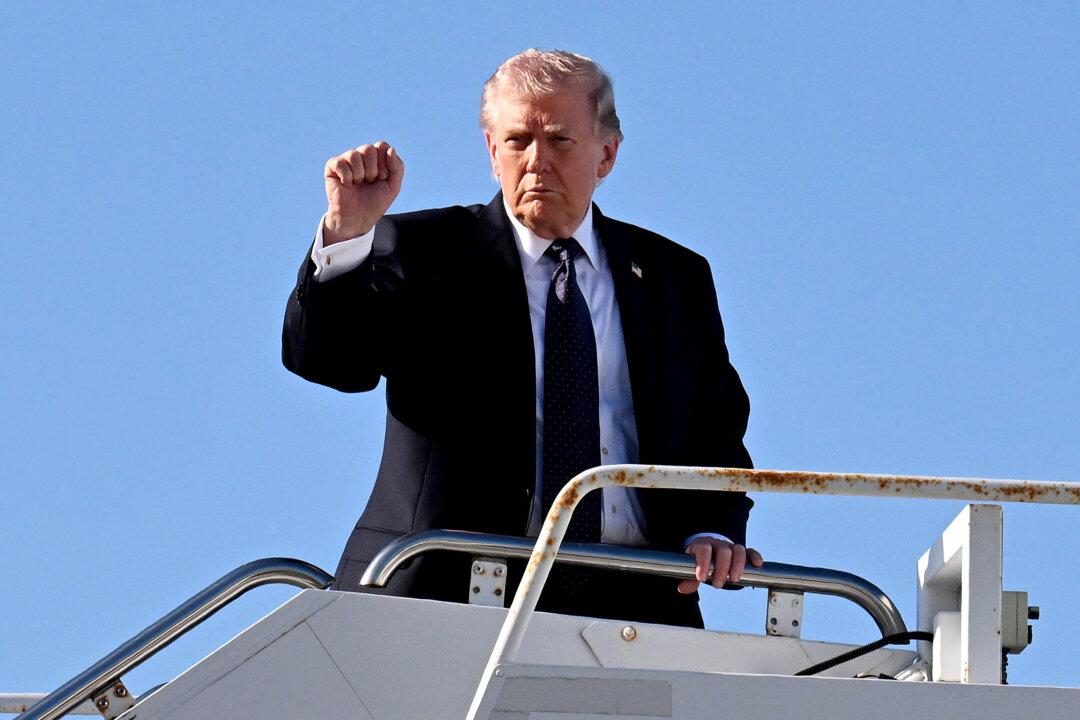Thailand’s top government official said Friday that he would file for the expulsion of London-based human rights organization Amnesty International next week, citing the non-profit organization’s threat to the country.
Amnesty International has been accused of supporting a pro-democracy movement, which called for reform of the monarchy in Thailand and the resignation of Prime Minister Prayut Chan-ocha.





